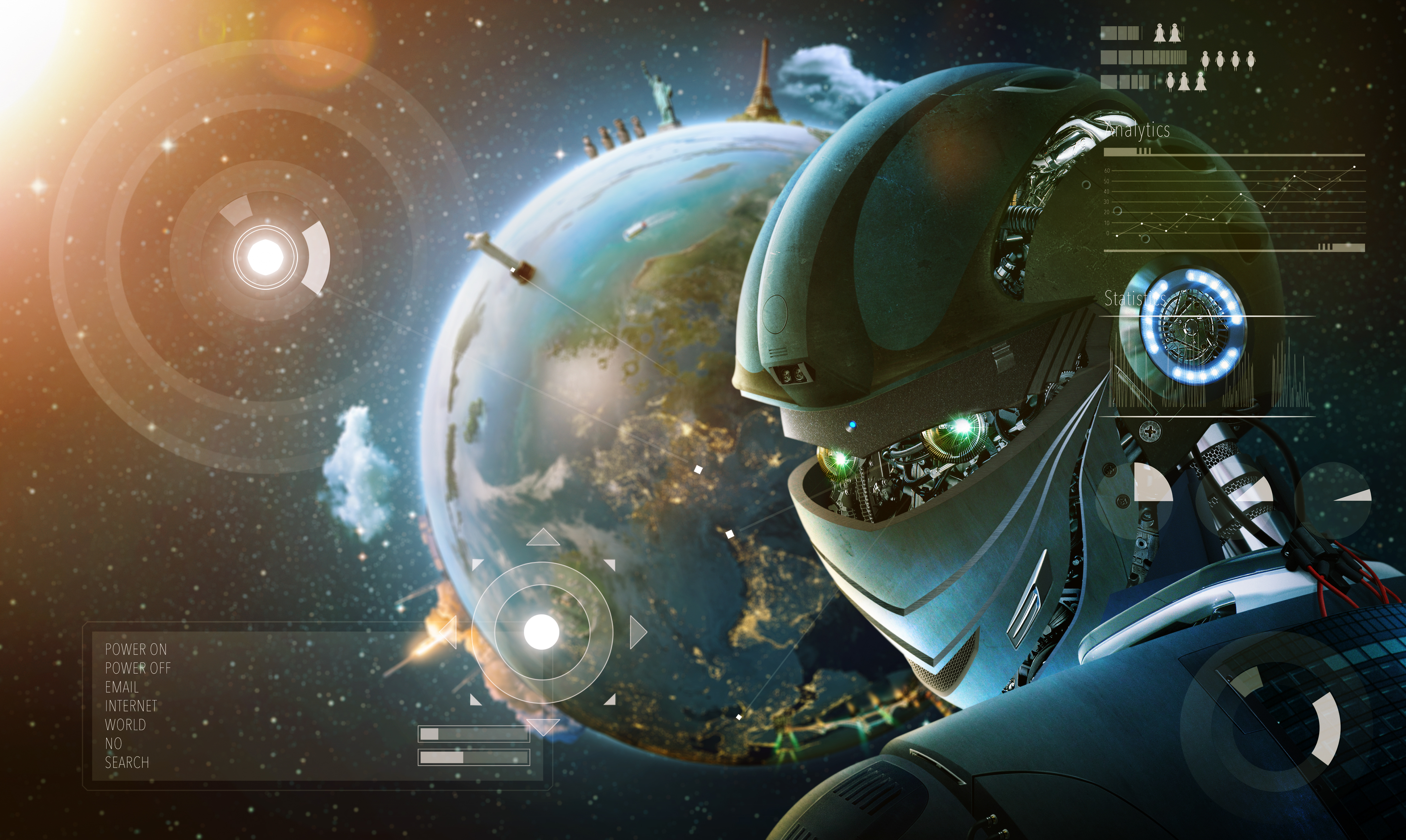With recent advances in artificial intelligence (AI), machines are gaining the ability to learn, improve and make calculated decisions in ways that will not only enable them to perform tasks previously thought to rely on human experience and ingenuity, as well as to solve problems involving a large amount of data and lots of variables too complex for humans to perceive.
Adding knowledge and reasoning to existing applications, AI technology is creating enormous opportunities for beneficial influences on society, such as improving human decision-making capabilities in regard to uncertainty and other complexities.
Existing AI applications offer invaluable assistance to medical research by analysing huge volumes of medical images – comparing them at a level of detail beyond human capacity, and making connections between structured as well as unstructured data – to identify patterns or correlations in need of further research.
AI solutions are also used across a variety of other sectors, for example, to control spam, detect frauds, improve the relevance of web search results, translate text and speech, make critical decisions in stock trading, help species conservation, predict weather patterns, make use of energy more efficient, and more.
Considering the state of today’s technology and the extraordinary possibilities appearing on the horizon, Jules Verne’s corner at Kaleidoscope 2016 asked futurists to imagine the potentially limitless AI applications that could help address environmental, economic, and societal challenges concerning sustainable development and a sustainable future.